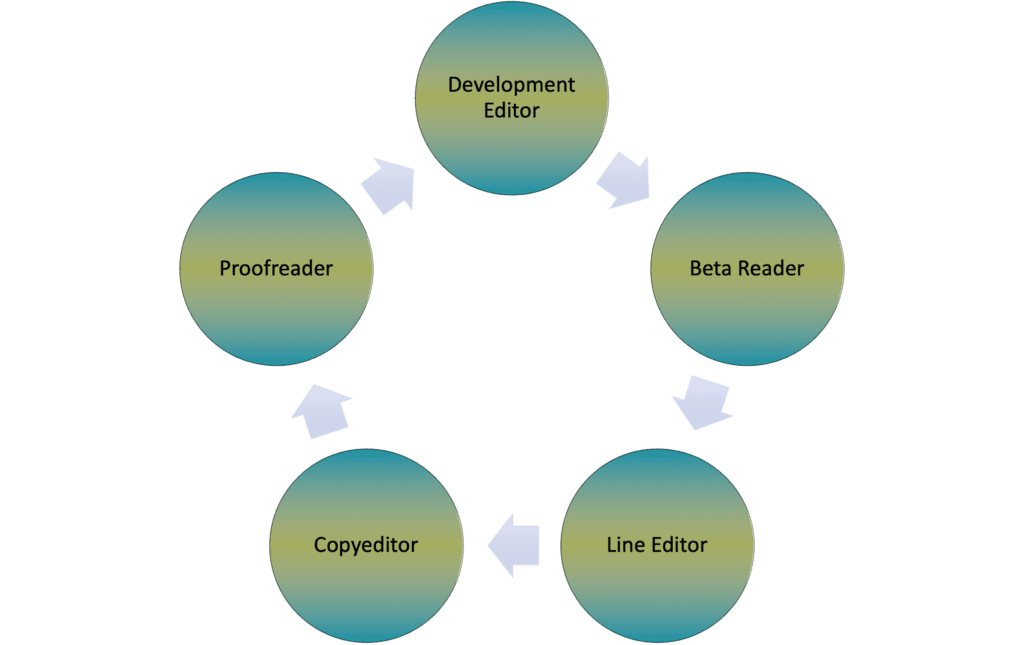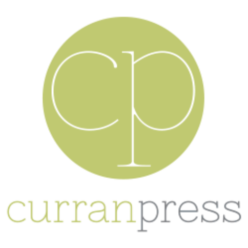In the book world, CONTENT IS KING!
As a book author, preparing your content properly will be critical to your success. As part of that process, you will write and rewrite your content over and over and over again.
But you don’t have to edit and rewrite completely alone. And you really shouldn’t. No matter how good a writer you might be. That’s where an editor can help.
Editors exist to make books the best they can be. For that reason, it’s critical to the success of any author to enlist help from editors.

Editors can be friends or family, but it’s best to engage the help of professionals. Hire editors with experience who will give you honest feedback about your work.
But what type of editor do you need? The answer is likely all of them.

Each type of editor performs a specific function in your writing process. You might even find editors who wear multiple hats and will do some or all types of editing. That’s okay.
- Development Editor (sometimes called a content editor or book doctor) is the big picture editor. They can be part of the planning process as well for early drafts. They offer specific comments related to the premise, story, character, and voice. A good development editor will read through the eyes of a typical reader: What questions would the reader have? What’s inconsistent? What needs more information? What needs less? Read more about Development Editors here.
- Beta readers read unpublished manuscripts and provide constructive feedback to the author. They are often free of charge (with varying degrees of experience or actual help) and can come anywhere in the editing process, but best to do early on.
- Line editors focus on improving the flow of the writing, making prose polished and more engaging for the reader.
- Copyeditors focus on correcting inconsistencies in spelling, capitalization errors, shifts in tense, and similar issues.
- Proofreaders edit the book after a book is typeset. They serve as the final checkpoint before the finalized version is completed and printed.
Whatever path you choose with an editor, be open to edits. Editors are there to help your book. They’re not worried about hurting your feelings. And even the most successful authors accept feedback from editors to improve their writing.
Be open and enjoy the process.

